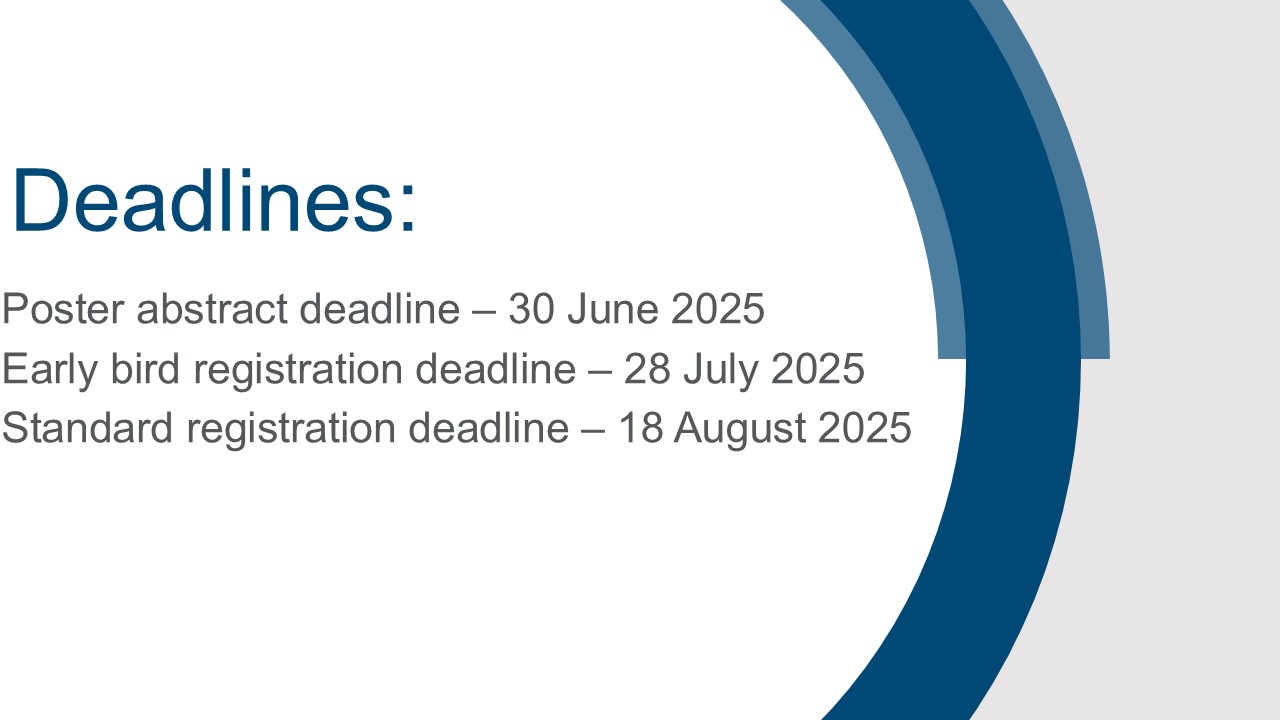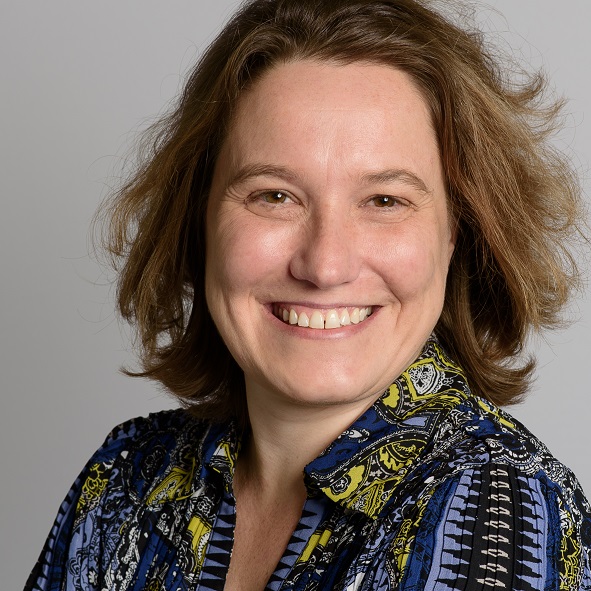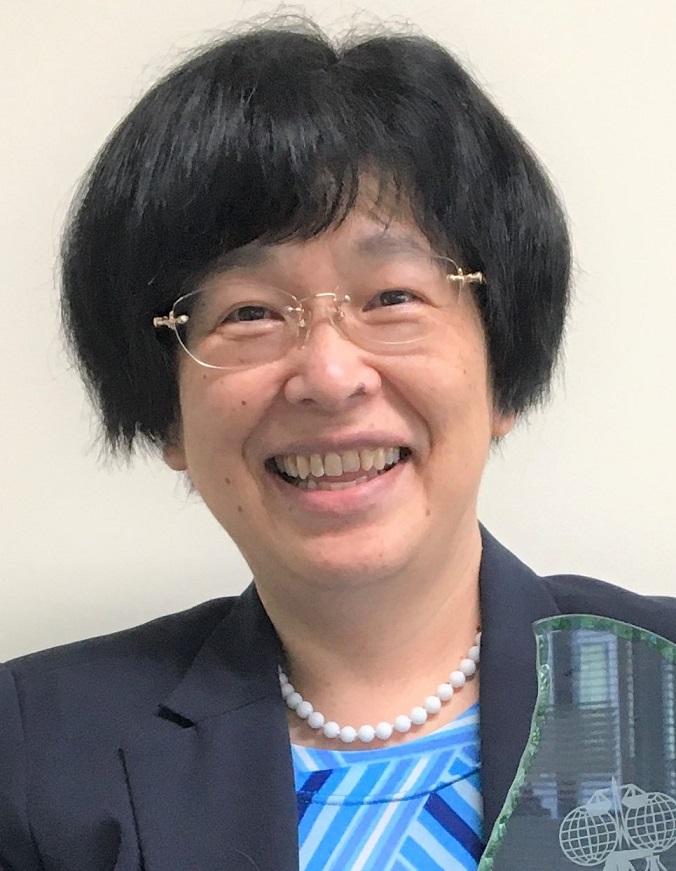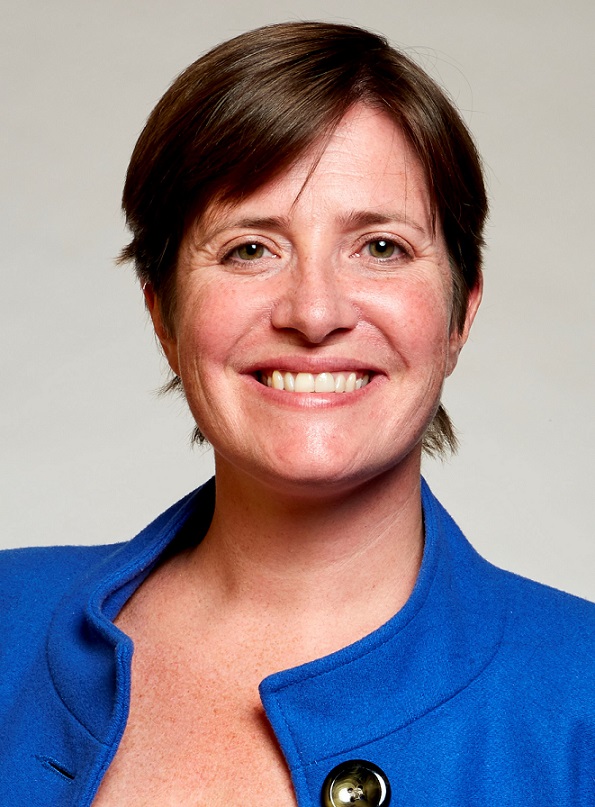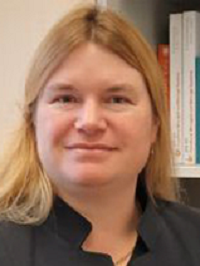Welcome
Join us in Oxford in September 2025 for this edition of the Faraday Discussion series. The Faraday Discussions are unique international discussion meetings that address current and emerging topics at the forefront of the physical sciences.
This meeting is for established and early-career scientists, postgraduate students and industrial researchers working on various aspects of polymer science.
On behalf of the organising committee, we look forward to welcoming you to Oxford.
Charlotte Williams and Antoine Buchard (Co-chairs)
Why attend?
Find out more about Faraday Discussions in the video and FAQs – see Useful links on the right.
A unique conference format that prioritises discussion
At a Faraday Discussion, the primary research papers written by the speakers are distributed to all participants before the meeting – ensuring that most of the meeting is devoted to discussing the latest research.
This provides a genuinely collaborative environment, where discussion and debate are at the foreground. All delegates, not just speakers, are invited to make comments, ask questions, or present complementary or contradictory measurements and calculations.
An exciting programme of talks – and more
Take part in a well-balanced mix of talks, discussion, poster sessions and informal networking, delivered by our expert events team. You can explore the full programme in the downloadable files on the right – whether you’re attending in-person or online, every minute provides an opportunity.
The conference dinner, included in the registration fee, contains the Marlow Cup ceremony: a unique commemoration of past Faraday Discussion organisers that is sure to encourage further discussions over dinner.
In-depth discussion with leaders in the field
World-leading and established researchers connect with each other and early-career scientists and postgraduate students to discuss the latest research and drive science forwards. It’s a unique atmosphere – and challenging others to get to the heart of the problem is encouraged!
Your contributions, published and citable
A citable record of the discussion is published in the Faraday Discussions journal, alongside the research papers. Questions, comments and remarks become a valuable part of the published scientific conversation, and every delegate can make a major contribution.
Discover Oxford
The Discussion will take place in Oxford. Step out to explore the city while you’re here – or stay a few extra days to explore the surrounding area, or hop on a train to the capital city.
Themes
This Faraday Discussion meeting will focus on the scientific questions, challenges and areas for future development to advance polymer science. It will comprise the following interrelated themes: (i) utilisation of novel feedstocks and reduction in greenhouse gas emissions in making polymers; methods to control monomer sequence and polymer architectures for function and application; polymerisation processes, including data-driven design and manufacturing processes; recycling and depolymerisation methods, including biodegradation, to improve circularity.Novel feedstocks
This session will focus on the chemistry and processes to make monomers and to functionalise natural biopolymers. It will include presentations on the use and benefits for biomass derived monomers, such as those from carbohydrates, triglycerides, lignin and terpenes, with a particular focus on use of co-products and wastes in polymer production.
Catalysis
This session will investigate how catalysis can be used to make polymerisation processes more efficient and more sustainable, and to control polymer sequences, stereo- and regiochemistry, so as to enable innovative material and properties. Discussion topics will include organocatalysis, metal-based catalysis and heterogeneous catalysis, the synthesis of novel catalytic systems, the elucidation of catalytic reactions using experimental and computational methods (including in-situ reaction monitoring), and the impact of residual catalytic species on polymer properties.
Polymerisation processes and computational methods to control structure
This session will discuss how to regulate, control and effect control over polymer sequences, structures, architectures and molar mass distributions by using external stimuli and process control. The session will also discuss how data and machine learning-driven approaches can help to improve polymerisation processes. The types of chemistry to be discussed will include ‘triggers/switches and stimuli’, methods to control molar mass distributions, polymer syntheses in flow, and computational approaches to optimise structures and performances.
Closing the loop – the chemistry of depolymerisation, polymer recycling and environmental degradation
This session will examine the chemistry and fundamental science challenges associated with the different end-life options for polymers. Discussion topics will include chemical recycling, designing polymer structures for efficient mechanical recycling, polymer upcycling and re-purposing, depolymerisation kinetics/thermodynamics and mechanisms, depolymerisation catalysis, polymer composting and biodegradation. The environmental chemistry of polymers will also be discussed. The future opportunities to combine effective polymerisation and depolymerisation strategies into the design of polymer structures is at the heart of this session and the associated discussions.




